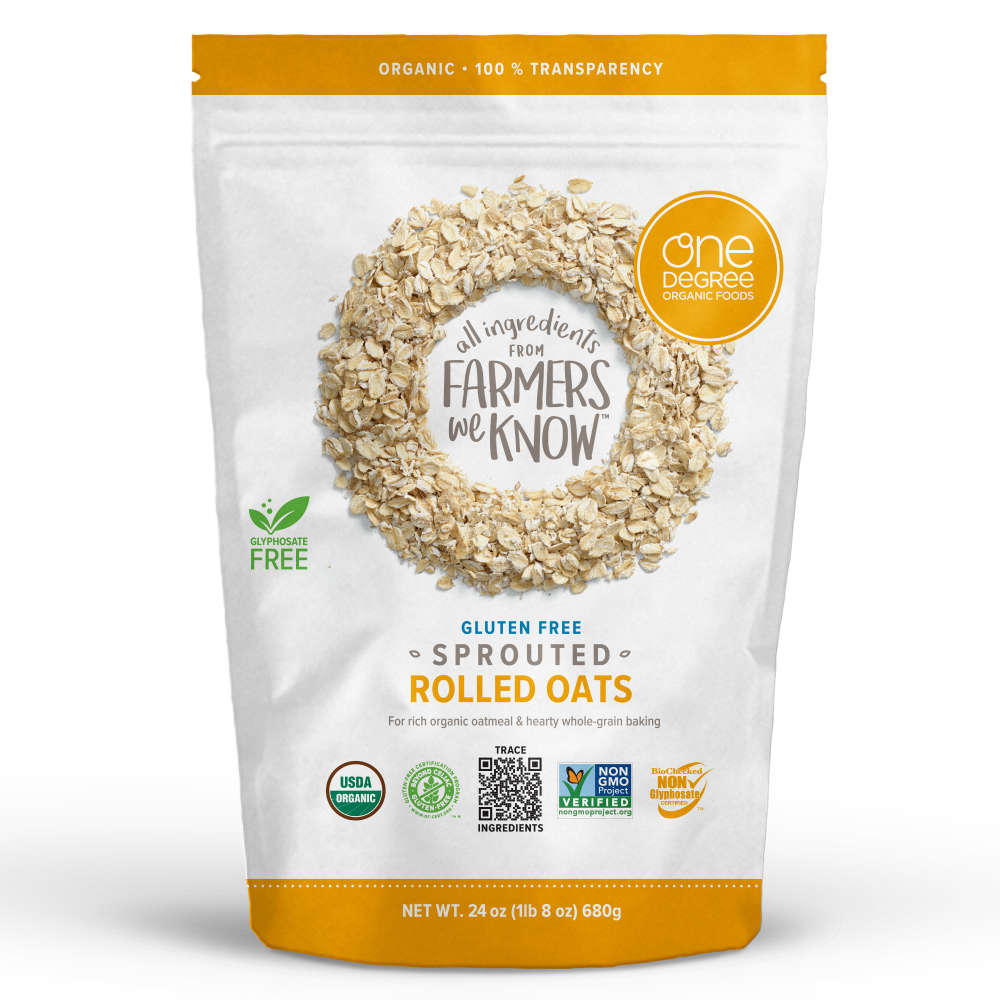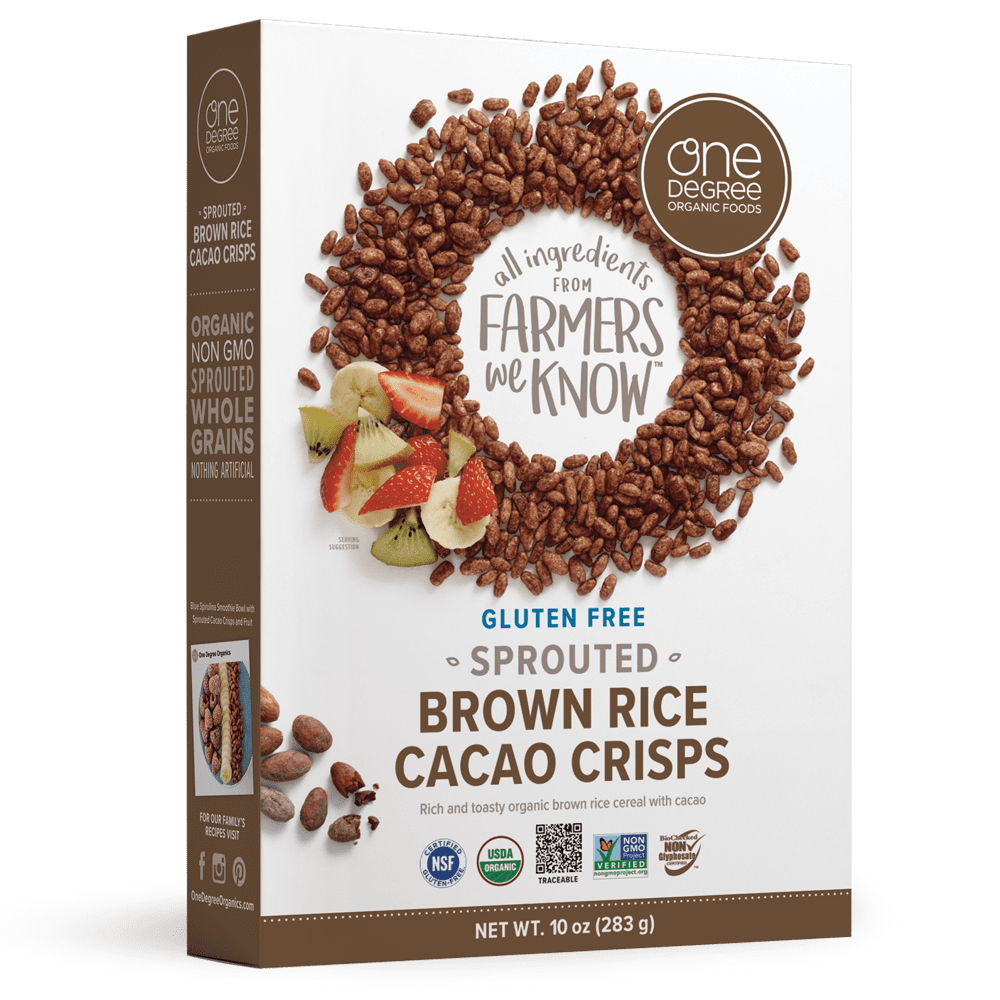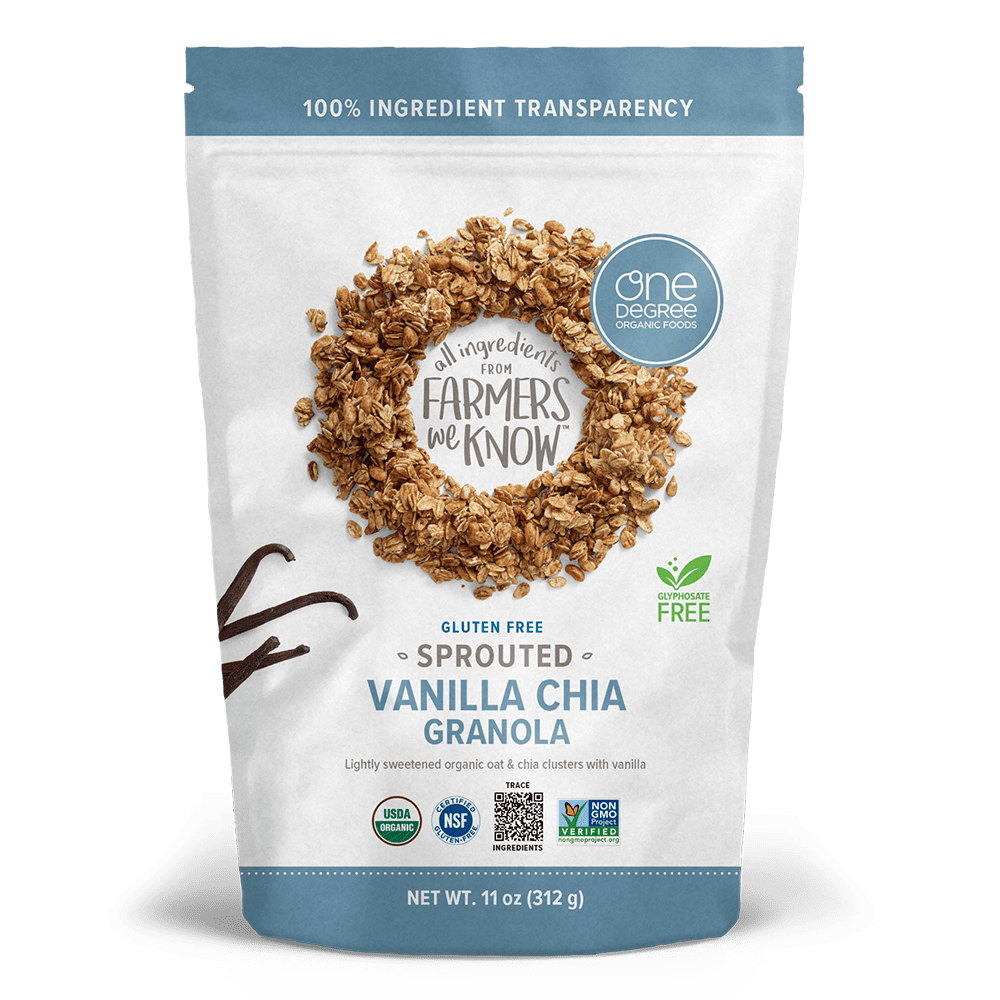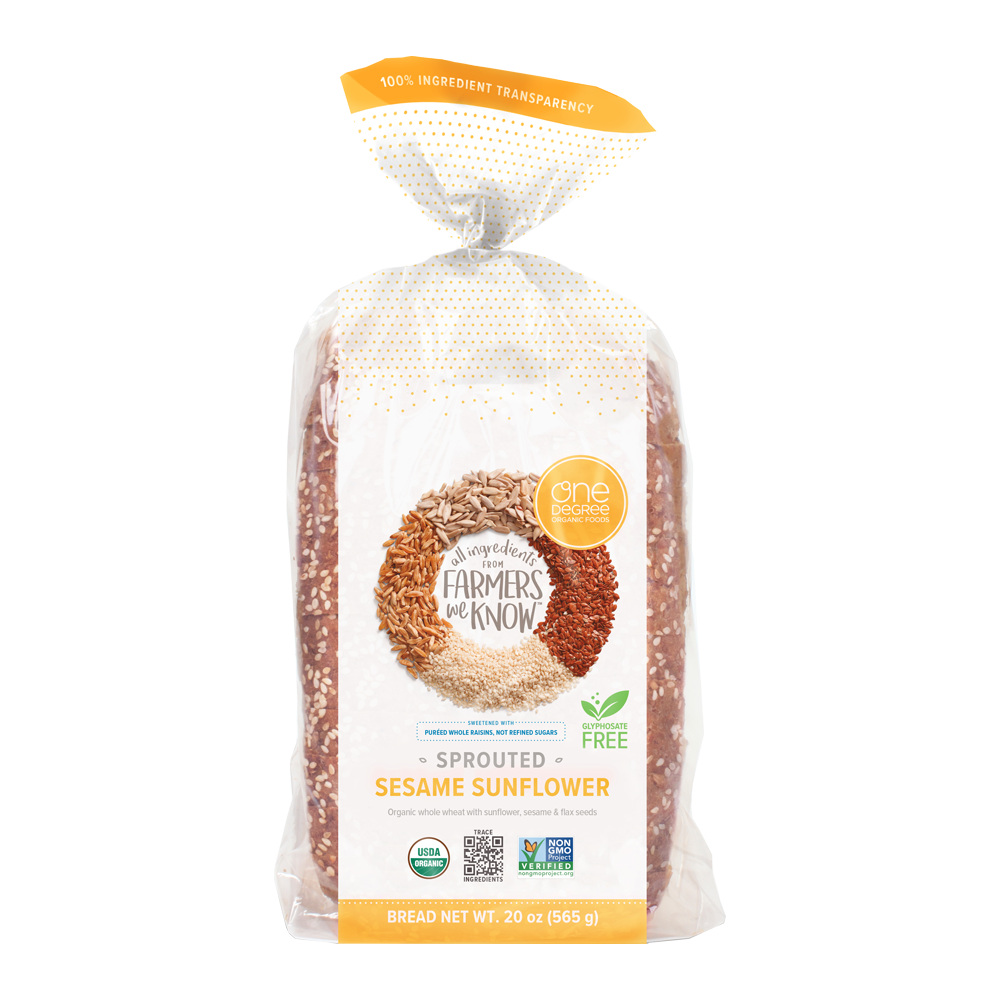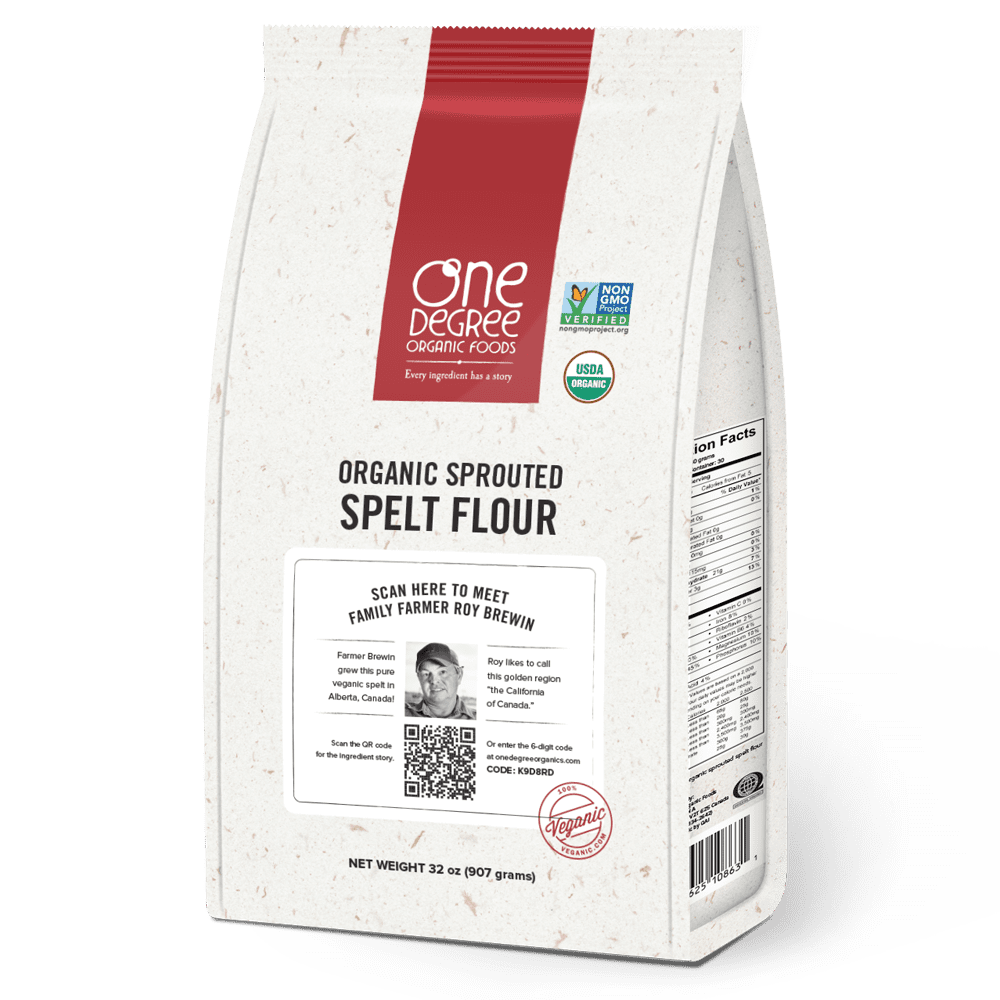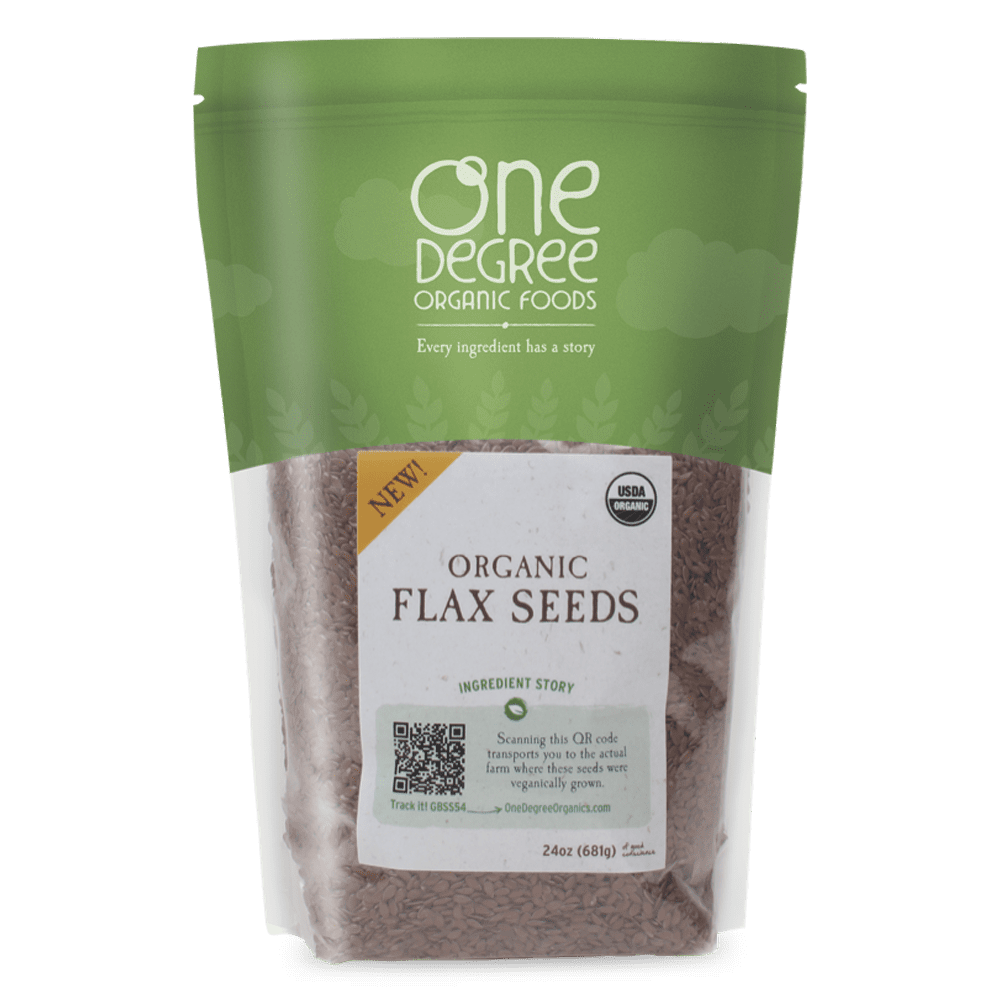Cane Sugar
Cooperativa Manduvira
How can growing certified-organic sugar cane help cultivate a more egalitarian and prosperous community? In the river-filled rural district of Arroyos y Esteros in southern Paraguay, dedicated and innovative work by Cooperativa Manduvirá, a co-op of family farmers, is yielding just such a sweet harvest.
“Arroyos y Esteros, meaning “streams and estuaries,” is a region that has been traditionally growing sugar cane for the past 70 years,” says the co-op’s General Manager Andres Gonzalez Aguilera. After generations of experience working with the local sugar industry, the community has learned “that the only way to be free and not dependent on a corporation is for each farmer to earn their own organic certification,” adds Andres.
Founded in 1975 by teachers and farm workers as a way to help members access credit and work together to improve their community, this tiny co-op has transformed itself mightily over the past four decades. Today Cooperativa Manduvirá counts 950 members and has become a leading producer and exporter of certified-organic, non-GMO sugar. During its long and challenging journey, the co-op also has managed to have transformative effects on both its members’ lives and on the greater community.
Our search for pure organic sugar led our Founder Stan Smith on a journey to visit Cooperativa Manduvirá to meet its farmers, walk their subtropical fields, and get his hands dirty while ensuring their plant-based farming methods are up to our standards. The visit made it clear that in the co-op, we’ve discovered a partner that shares a dedication to ingredient and supply-chain transparency as well as sustainability for people and planet.
“The origin and the story of our organic cane sugar is about helping a group of producers, their families, their community, and the environment,” explains Andres.
Organic traditions
For Manduvirá’s family farmers, who cultivate an average of 7 to 12 acres, using traditional non-chemical farming practices comes naturally—and makes good sense. “We have this philosophy: Grow healthy foods, and live long,” says co-op member Petrona Bernal, who’s been working in sugar cane fields since age 6. Now 50, she credits Manduvirá with helping her children go to university.
Some local farmers call co-op members’ traditional methods “old-fashioned,” says Andres. “We don’t use insecticides, herbicides, or chemical fertilizers. We farm in a traditional, natural way,” he says. In fact, Andres adds, “When the certification people came and began to talk to us about how to grow organically, they told us, ‘You can’t do this; you have to do that.’ And we told them, ‘That is what we’ve always done.’ We realized we have always been farming organically; we just didn’t have the certification.”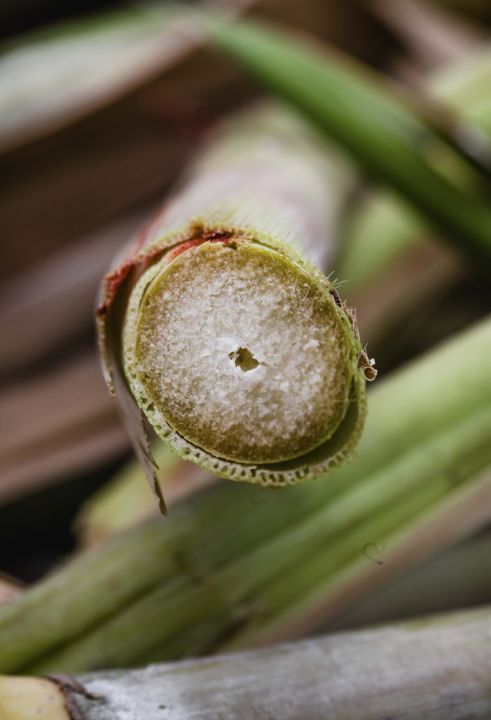
Today, 100 percent of the co-op’s production is certified organic. About 800 members grow sugar cane; the rest cultivate sesame, cotton, fruit, and vegetables. “For us, traceability is something very important,” says Andres. “We know exactly where raw materials came from. There is a ticket that tells us which farmer cut the cane, who transported it, and when it was processed in the plant. We are the only producers of sugar cane in our region that can guarantee 100% traceability.”
On his recent visit, One Degree Organic Foods’ founder Stan took a turn at harvesting with co-op farmers deftly wielding sharp machetes to fell and trim the tall cane, stalk by stalk. After the labor-intensive harvest, co-op farmers leave cut leaves to cover the ground. “In addition to keeping the moisture in the soil and the weeds down, ultimately the leaves break down and become part of the soil so there is a fertilizer component as well,” Stan says.
Next, Stan visited the co-op’s compost and crop research center to talk with manager David Dario Cano. “My job is to use all the byproducts of the sugar cane processing and turn into organic fertilizer for all the farmers,” he says, explaining that Manduvirá is the only local sugar cane producer to practice this kind of full-circle sustainability. No agricultural byproducts are wasted, and the dirty tradition of burning fields is not allowed.
Beyond making the plant-based compost that fertilizes the soil by feeding it with nutrients, David is working to customize fertilizers for members’ individual needs. “With the help of a lab in Spain, we are developing our lab to do soil analysis; it’s the first step in trying to produce organic fertilizer microorganisms. We do a soil analysis of every farm to understand what they need. So if this farm needs potassium, we can offer them this nutrient,” he says. “We’re talking about fertilizer à la carte. It’s a bit ambitious and crazy, but it’s what we want to do. We want to improve the yield of production.”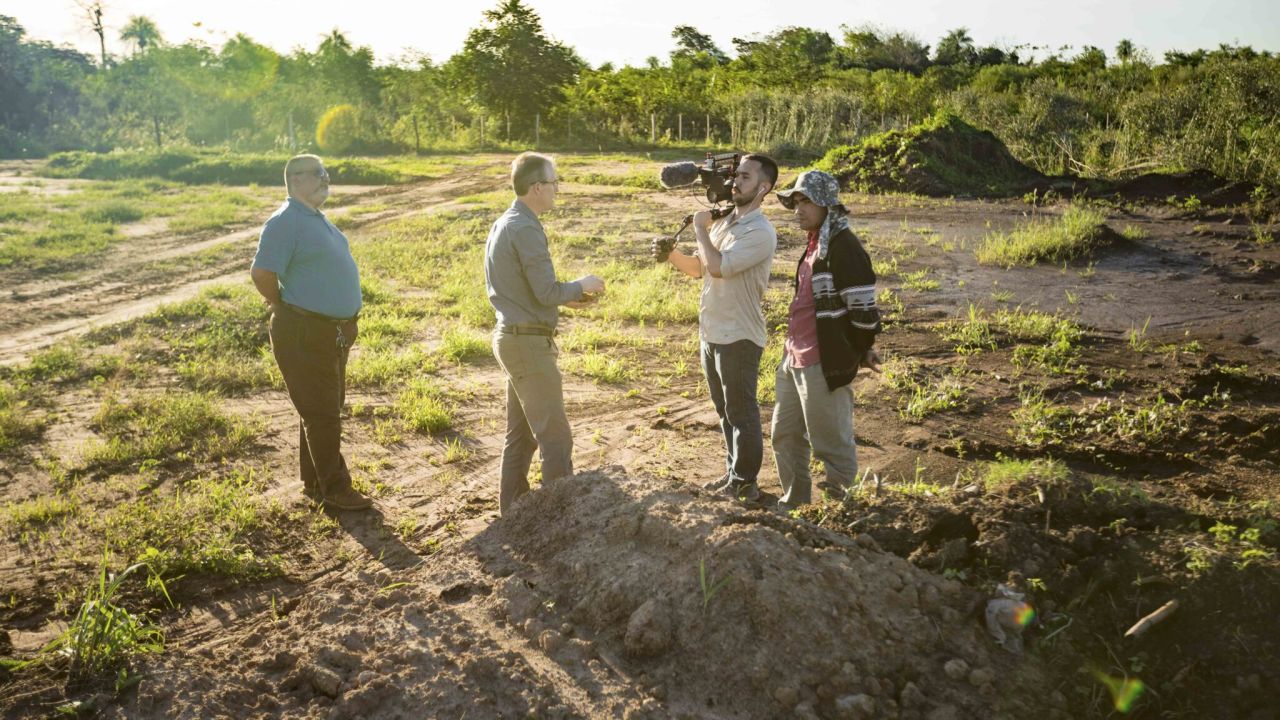
Co-op farmers like Pertrona report successful crop yields with the organic seeds and compost the co-op provides, along with sustainable farming practices such as letting fields rest once a year, rotating crops, and devoting 7 percent of their land to either forest or other crops. “Thank God we have such a great co-op; if you want to succeed here you will,” she says.
Support for members, community, and environment
Earning international organic certification and partnering with global fair-trade groups as well as companies like One Degree Organic Foods has helped Cooperativa Manduvirá increase profits, income stability, and independence for its members. Each year, the co-op distributes half its fair-trade “premium”—money it receives for following fair-trade practices that goes into a communal fund—to help during the slow season before harvest. It invests the other half in business and community projects, such as creating a new health center with medical and dental services for the co-op families.
“We work with the community to fix roads and building bridges together,” says Andres, explaining that every farmer helps with the co-op’s community work. “We also provide school for [our farmers’] kids, including any materials, books, clothes, and shoes they need.”
Over the years, Cooperativa Manduvirá emerged as a progressive local force, taking big risks in order to shift power and profit into the hands of sugar cane producers and away from corporate-owned sugar mills and factories. Frustrated with their local mill’s low commodity prices and declining quality in 2004, the co-op became the first in the region to rent their own mill, process cane into sugar themselves, and export it directly. Recently, they were even able to complete their own sugar processing plant, positioning themselves for future growth.
In the co-op, Andres says, “everyone is valued by who they are, not by how much they have. All have one vote and the right to be heard.” This fairness extends to female farmers, adds Pertrona: “A really important aspect that we have achieved in the co-op is gender equality. There are both men and women farmers, and both are well-respected. In other places in the region, it’s not like that, but here at Manduvirá, women and men are treated equally.”
Each time we travel to visit an ingredient partner and share their distinctive story with you, we’re inspired to continue our quest to rebuild trust through traceable clean foods. With Cooperativa Manduvirá, it was even more gratifying to witness how this partnership helps support positive change for farmers, their families, the community, and the planet. The values of good stewardship shine through the words of the wise co-op manager, Andres, “We believe the future is in taking care of the environment. Everyone does their part where they live.”
